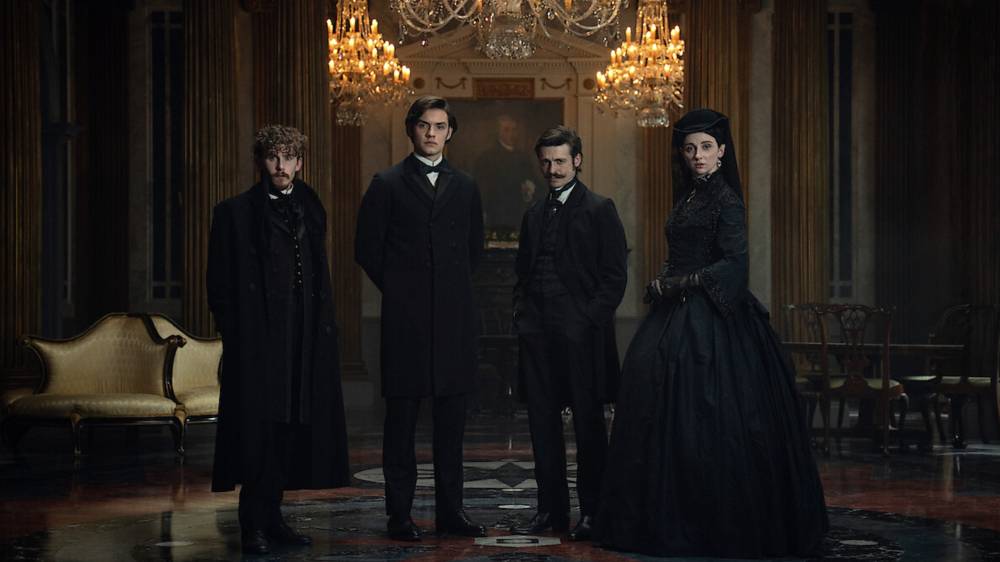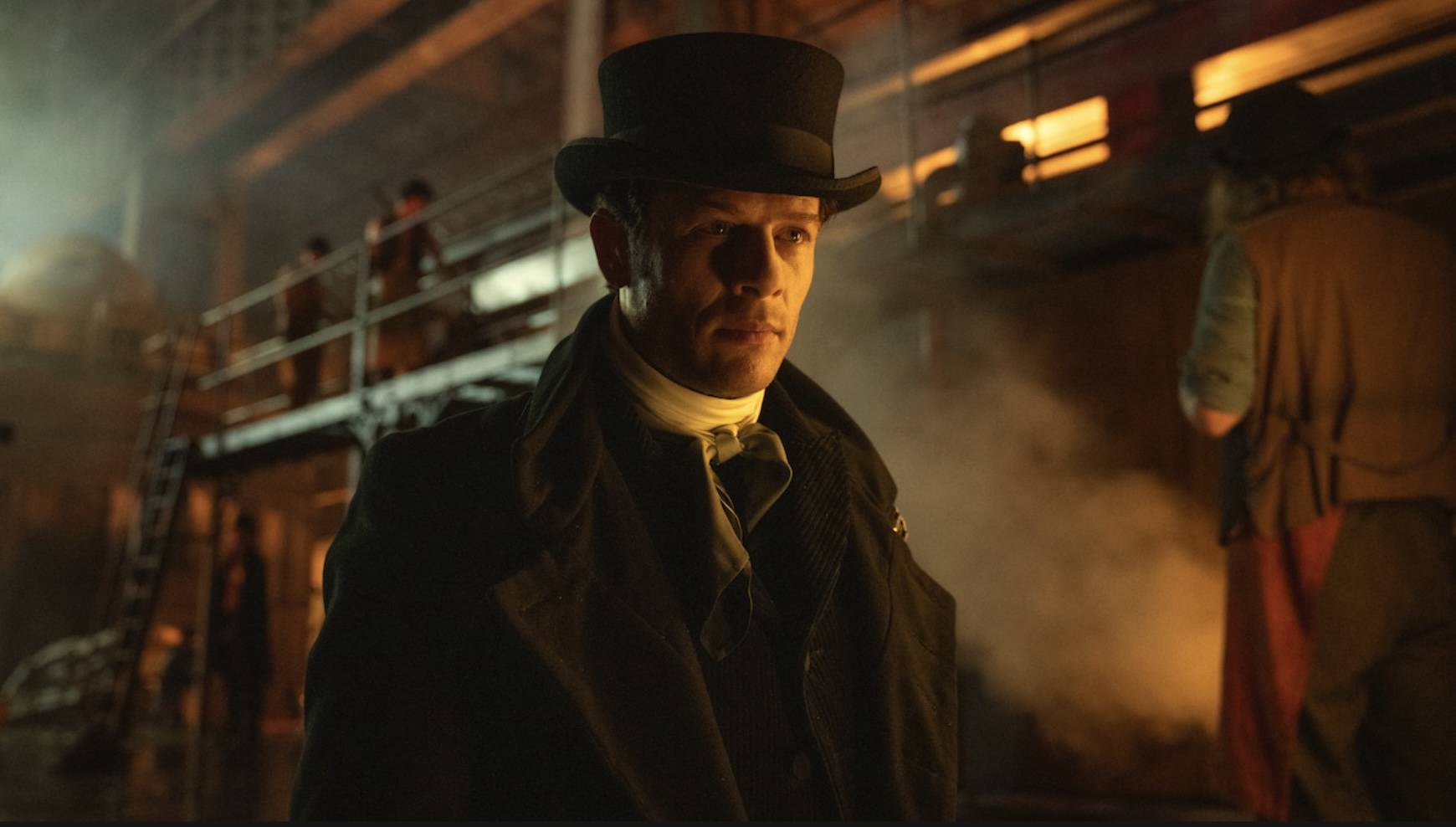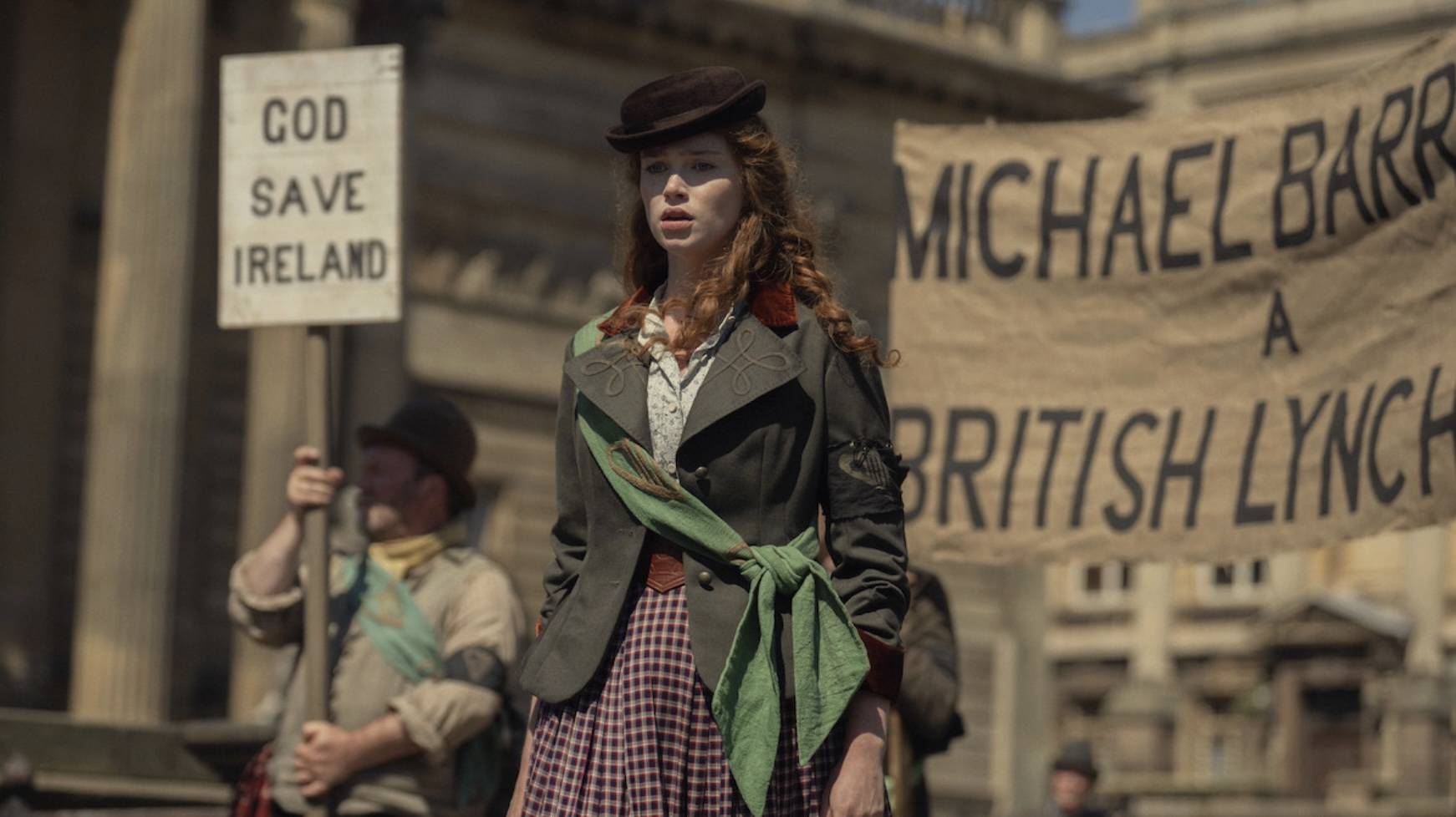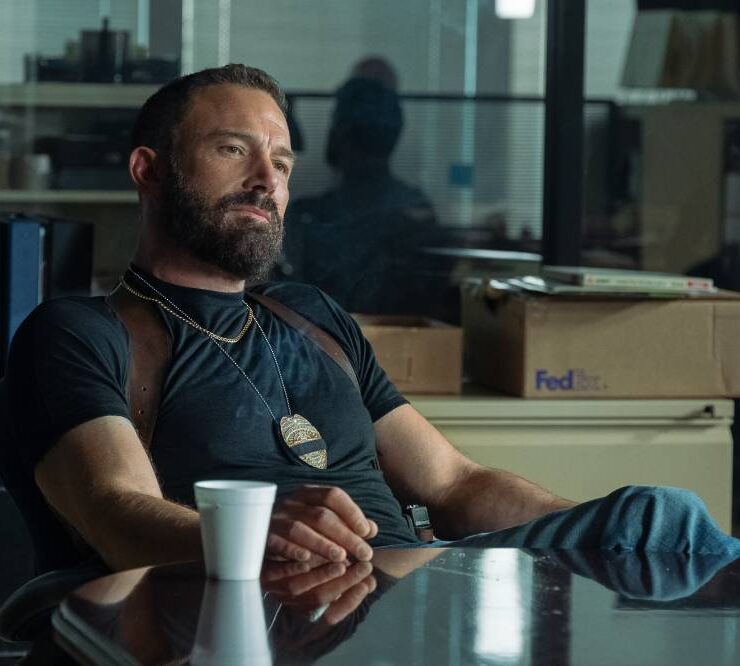Why ‘House of Guinness’ is perfect for ‘Peaky Blinders’ fans

Grotty coats, dirty boots, and all that grayness are back. But this time, the grit and grime come with an Irish accent and a stout in hand. From the mind of Steven Knight, the creator of “Peaky Blinders,” “House of Guinness” looks and feels similar to the British period crime drama, but now with less bloody gang wars and more power play in Dublin’s elite circles.
Now, I could barely sit through a season of “Peaky Blinders,” with all its blood, anger, and swagger. And while “House of Guinness” has a similar energy, it is far more refined. Where Tommy Shelby’s world was largely violent and revenge-filled, this world in Victorian Ireland follows the story of a family who focuses on inheritance, image, and politics.
There’s also a lot of ego, and you could host a watch party and take a shot every time someone says “Guinness,” with the number of times the family toasts themselves with their own last name.
From the streets to the brewery
“House of Guinness” opens in Dublin in 1868, just as the family behind the world’s most famous stout loses its patriarch, Sir Benjamin Lee Guinness. With his death comes a will that splits the brewery and its fortune between his two sons.
From here, the eight-episode series, each one running a little under an hour, unravels into intersecting tales of money, power, and blood ties, all with an air of smoky grandeur.
It follows the story of four siblings with very big egos: Arthur Guinness (Anthony Boyle) is the polished, socially ambitious, and often hateful heir, grappling with hiding his queerness at a time when homosexual orientation was criminalized. His brother Edward (Louis Partridge, familiar for his role in “Enola Holmes”) is the more grounded reformer who works hard to modernize and expand the brewery while carefully navigating growing nationalist sentiment.

There’s also the family’s moral compass, their sister Anne (Emily Fairn), and the unpredictable, alcoholic youngest son Ben (Fionn O’Shea). Stirring the pot further is the rugged factory foreman Sean Rafferty (James Norton), who often does the family’s dirty work and keeps the brewery running.
In between are many gorgeous mistresses slipping in and out of the scenes.
Pints and politics
While a juicy peek into family feuds and inheritance politics, “House of Guinness” also shows a country in transition. At this time, Dublin was undergoing a period of intense instability. Ireland was still grappling with the fallout of the Great Famine, and the country was sharply divided along lines of class and religion.
The Guinness family, as the country’s wealthiest industrial dynasty, was one of the most visible symbols of the Protestant Ascendancy—the Anglo Irish minority that controlled the nation’s political power, land, and economy under British rule.
Meanwhile, the Fenians were members of the fiercely nationalist, revolutionary Irish Republican Brotherhood. They were predominantly Catholic and dedicated to achieving complete independence from Britain, often through secretive, militant action.
With this historical backdrop, “House of Guinness” uses the internal family conflict as a foil to explore these national wars.

Stellar production value
The show takes creative liberties, and the story itself is heavily fictionalized. The writers collapse and condense timelines, mix in an affair with a Guinness man and a Fenian woman, while imagining assassination attempts and blowing raucous protests out of proportion. Not all of the Guinness family is pleased with their ancestors’ portrayals.
But Knight and his writers did what they had to do to keep viewers hooked. Visually, the series is rich and cinematic, zoning in on the duality of grimy factories and gilded drawing rooms. The costumes look truly worn, with structured coats and crumpled collars that show the contrast of the Guinness family with the workers who made their fortune possible.
What makes the show even cooler, in a style typical of Knight in “Peaky Blinders,” is its music—mixing furious British rap and UK garage rock with lyrics that highlight social themes, sung by screaming vocalists.
Gray areas
Much like “Peaky Blinders,” the “House of Guinness” does not attempt to portray heroes. All characters are morally gray and flawed, much like humanity in the real world. But again, this show is far more civilized. While the Shelbys use violence to survive, the Guinnesses navigate politics with charm, as oh-so polite and respectable people. But the Guinnesses are just as ruthless.
So why again will “Peaky Blinders” fans fall for “House of Guinness?”
Because the script follows a recipe of the same intoxicating brew. The recipe has a clever script that keeps you listening, gritty yet gorgeous cinematography, cool contemporary music blaring over fight scenes, and a plot that pulses with a vein of ambition and control (just now in fancier clothes). Knight drops a lot of humor into the mix, too.
So if you happen to be a fan of period dramas, you’ll want to pour yourself a pint before settling in, because this one is as badass as it gets.





















